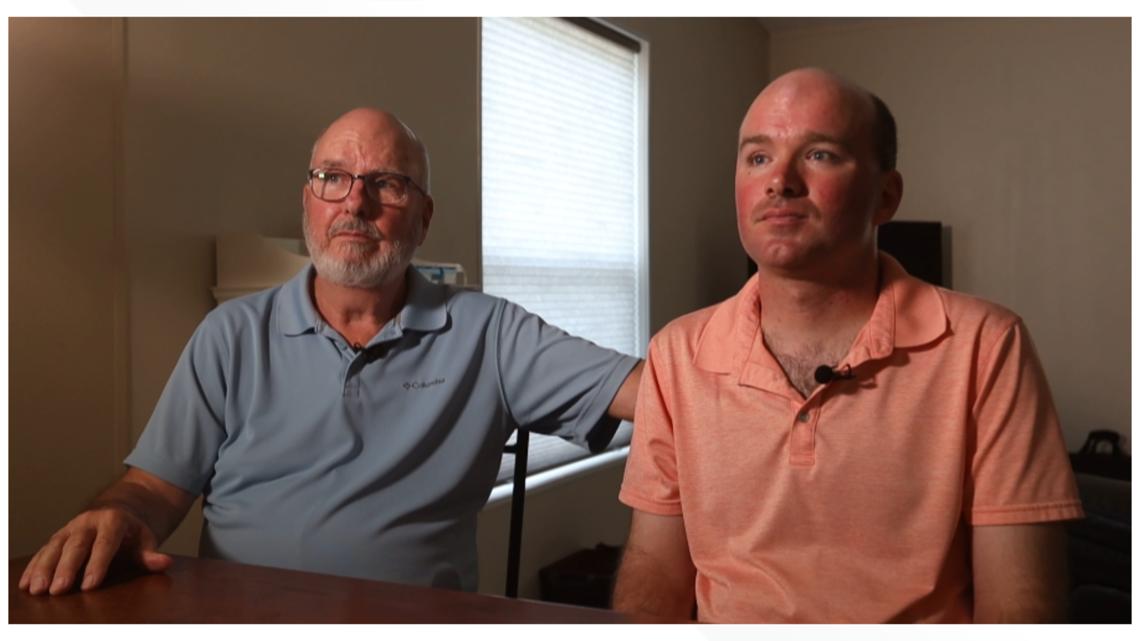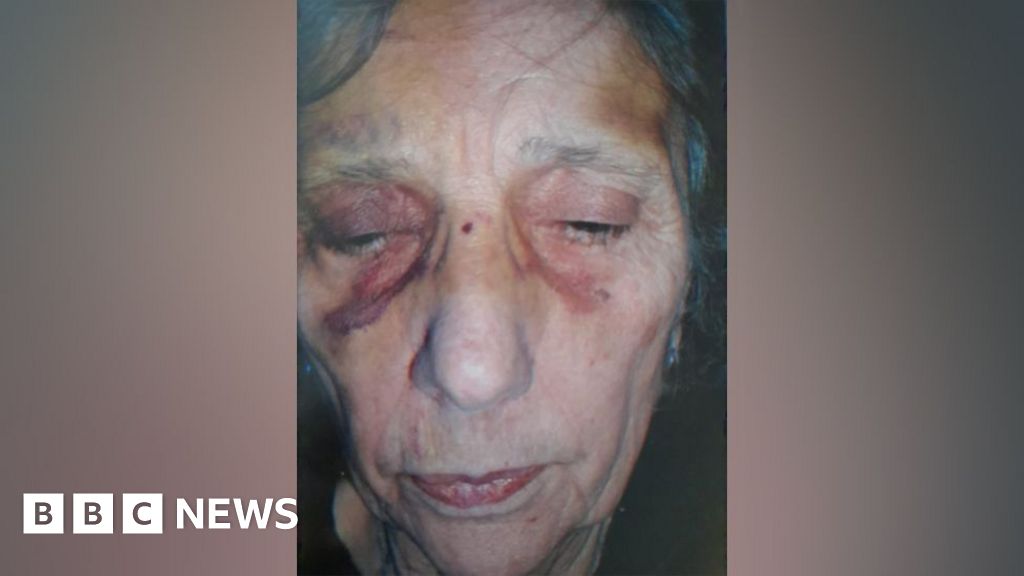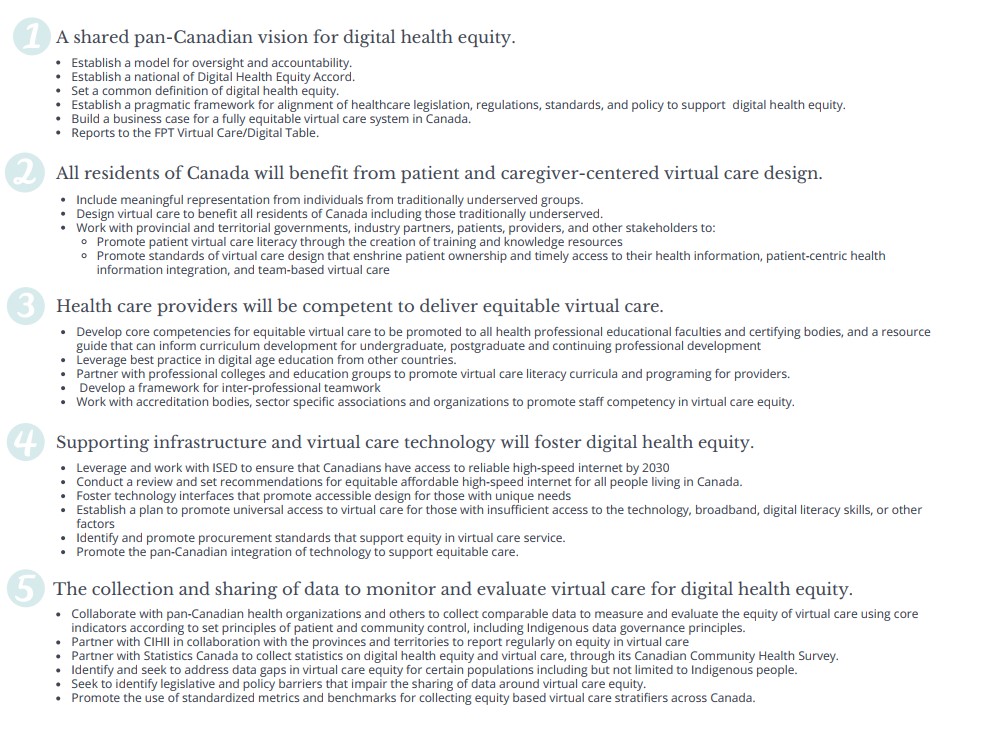Oregon boosts mental health access for disabled adults

A KGW investigation previously exposed how Oregonians with disabilities were often separated from mental health services, assessments and treatment.
SALEM, Ore. — A new Oregon law gives adults with disabilities better access to mental health services, designed to improve a system that frequently siloed people with intellectual or developmental disabilities away from the full range of healthcare options.
In September 2024, KGW talked with Larry and Alex Tension, a father and son duo who shared their frustration after repeatedly being steered away from mental healthcare providers within Oregon because Alex has autism.
Alex, a 36-year-old who works in a recycling center and has brilliant memorization skills, experienced episodes where he heard incessant whistle noises.
Responding to the noises, Alex banged his head to try and get them to stop, creating a calloused knot on his forehead.
“Alex, do you remember the last when we went to the hospital and we sat there all day and nothing happened,” Larry asked his son during a recent KGW interview. “It’s a good thing it will never happen again, right?”
This legislative session, Oregon lawmakers unanimously passed a bill that says people with intellectual or developmental disabilities cannot be denied access to mental health assessment, treatment or services.
Larry Tenison said he believe it’s the clear-cut directive that he and Alex need to get access to mental health treatment, not just autism services, if Alex has any episodes in the future.
“That’s what we ran into before, we got nothing and we got shunned off because of [his autism,]” Tenison said. “Now, I don’t think that’s going to be an issue, hopefully.”
Senator Sara Gelser Blouin, the bill’s chief sponsor, previously told KGW that she had witnessed the system of siloed care through a family member of hers.
“It’s not appropriate for a person having a psychotic break to walk into an emergency room and be told ‘We don’t do people with intellectual and developmental disabilities,’ and that happens,” Gelser Blouin said. “It happened to a family member of mine, it’s happened to many, many people.”
Tenison said the new law is a win for the intellectual and developmental disability communities.
“It means we can have confidence, we go into an emergency situation where we need medical care and we don’t have to explain anything about ID or DD or autism,” he said. “Theoretically we can just say, you know, those are his issues, but expect to get the same type of treatment we would if he didn’t have those issues.”
Rep. Tom Andersen, another of the bill’s sponsors, said it’s intended to create a more consistent, equitable standard across Oregon.
“For too long, legal loopholes allowed public agencies to deny necessary services,” Andersen said. “SB 729 closes those gaps and enforces accountability.”
Any specifics on accountability or enforcement of SB 729 are left unaddressed by the new law. There’s no outline for penalties if hospitals don’t comply.
The Oregon Health Authority will likely send out a memo to healthcare organizations and medical providers across the state explaining the new requirements and suggested training strategies, as OHA did when a similar bill for people 21 and under passed through the state legislature..
Alex, since talking with KGW in 2024, hasn’t experienced as many mental health episodes or scares in the past year. His father credited a change in support companies and medications.
“Yes, I’m having a good day,” Alex said in a June 2025 interview with KGW.
Larry Tenison praised lawmakers in Salem for easily passing a bill that appeared, to him, as non-controversial.
“It seemed like it was very clear-cut problem, the legislature certainly treated it that way, the governor signed the bill, and it’s great to see a hole get plugged so quickly by our legislature,” Tenison said.
link






